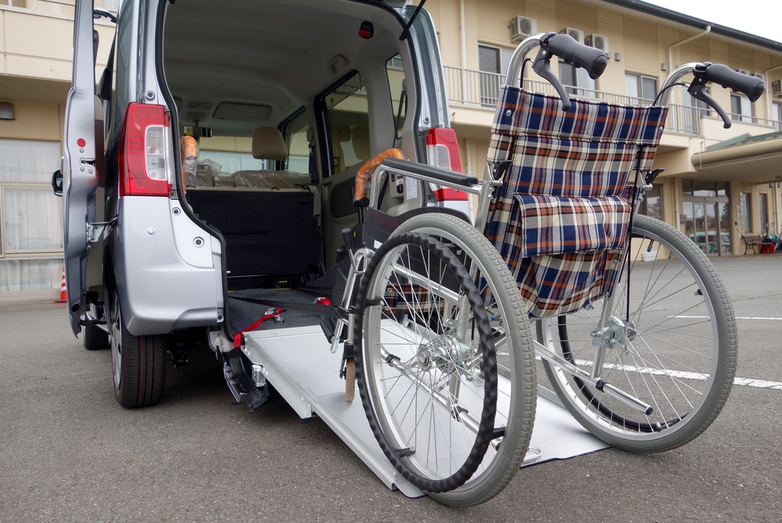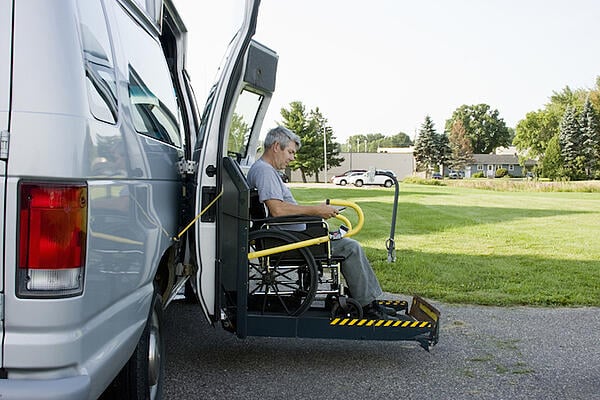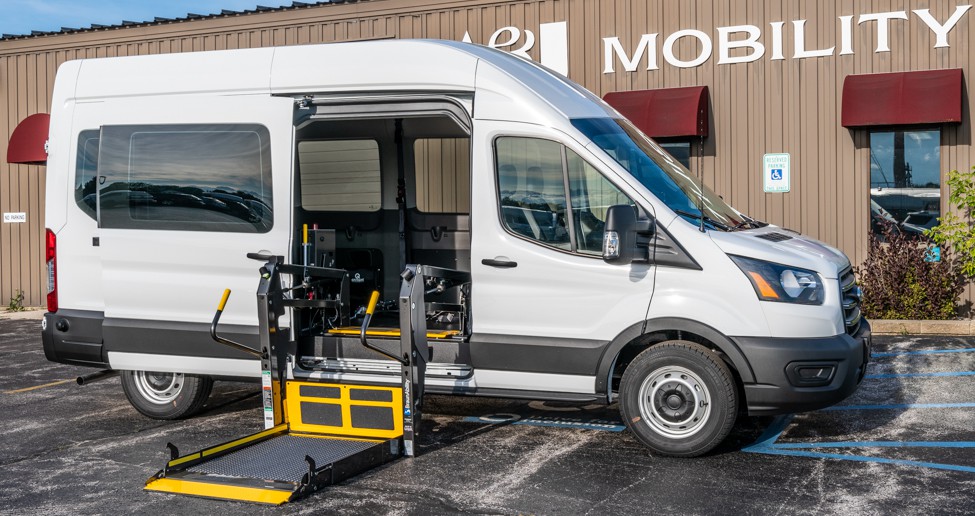Streamlined Medical Transportation: Making Health Care Accessible for All
Streamlined Medical Transportation: Making Health Care Accessible for All
Blog Article
Cost Effective and Accessible Medical Transportation Options for every single Situation
In the world of medical care, the capability to gain access to medical solutions is extremely important, yet the difficulty of economical and accessible transportation can usually hinder people from getting needed care. By checking out specialized clinical transport services, community transport programs, ride-sharing and taxi services, non-emergency medical transportation, as well as public transit and paratransit alternatives, individuals can locate methods that provide to their details needs and ensure they receive the care they require.
Specialized Medical Transportation Provider
Specialized clinical transportation services play a crucial duty in making certain secure and reliable transportation for people calling for specialized treatment throughout transit. These services accommodate individuals with one-of-a-kind medical requirements, such as those needing constant tracking, specific equipment, or clinical treatments during transport. By utilizing specially equipped cars and trained medical employees, specialized clinical transport solutions make sure that patients receive the essential care while being transported between medical care centers, houses, or various other areas.
One trick element of customized medical transport solutions is the concentrate on individual comfort and security. Medical transportation groups are educated to handle numerous clinical conditions and emergencies that might arise during transportation, supplying a greater level of care than traditional transport choices. In addition, these services usually use door-to-door support, minimizing the stress and pain that people may experience throughout transfers.
Neighborhood Transportation Programs
Having actually dealt with the critical role of specialized clinical transportation solutions in making certain safe and effective transport for individuals with one-of-a-kind medical needs, the emphasis currently shifts to examining Area Transport Programs - medical transportation. These programs play an important role in providing affordable and accessible transport solutions for the basic population, including elders, individuals with handicaps, and low-income families who might encounter obstacles in accessing standard transportation choices
Neighborhood Transport Programs encompass an array of solutions such as fixed-route buses, paratransit solutions, volunteer driver programs, and ridesharing initiatives. These programs are commonly subsidized by city governments, charitable companies, or personal firms to ensure that people have trusted transport choices to reach medical consultations, grocery stores, social activities, and various other crucial locations.
Ride-Sharing and Taxi Solutions

One of the essential benefits of ride-sharing and taxi solutions is their accessibility. These services operate 24/7, allowing people to take a trip to clinical consultations, pharmacies, or healthcare facilities any time of the day. Additionally, ride-sharing and taxi services provide to individuals with flexibility obstacles by offering wheelchair-accessible lorries upon request.
Furthermore, ride-sharing and taxi solutions can be particularly valuable for people staying in areas with limited public transportation choices. By linking the space in between home and medical care centers, these solutions play a crucial function in making certain that everybody has accessibility to important clinical services.
Non-Emergency Medical Transport

Non-Emergency Medical Transportation service providers typically utilize experienced workers who are experienced in assisting people with differing clinical needs. By offering door-to-door solution, Non-Emergency Medical Transport enhances the total access of healthcare for individuals that may otherwise have a hard time to attend critical clinical consultations.
Public Transportation and Paratransit Options
Public transportation and paratransit alternatives supply essential transport solutions for individuals with varying mobility demands, guaranteeing accessibility to essential destinations such as clinical facilities and visits. Public transit systems, including buses, trains, and subways, offer an affordable and extensively available mode of transport for individuals seeking to get to medical consultations. These solutions are particularly helpful for those who might not have accessibility to exclusive vehicles or need help because of wheelchair obstacles.
Paratransit services cater especially to individuals with disabilities who are incapable to make use of typical mass transit. These services use door-to-door transportation, accommodating people with mobility devices, pedestrians, or various other wheelchair help. Paratransit vehicles are furnished with attributes such as wheelchair ramps and securement systems to make sure the safe and comfortable transport of guests with differing mobility requirements.

Conclusion

Report this page